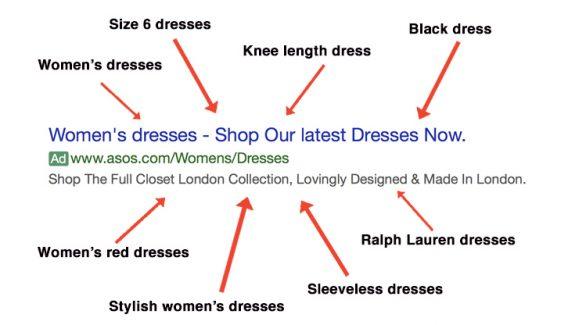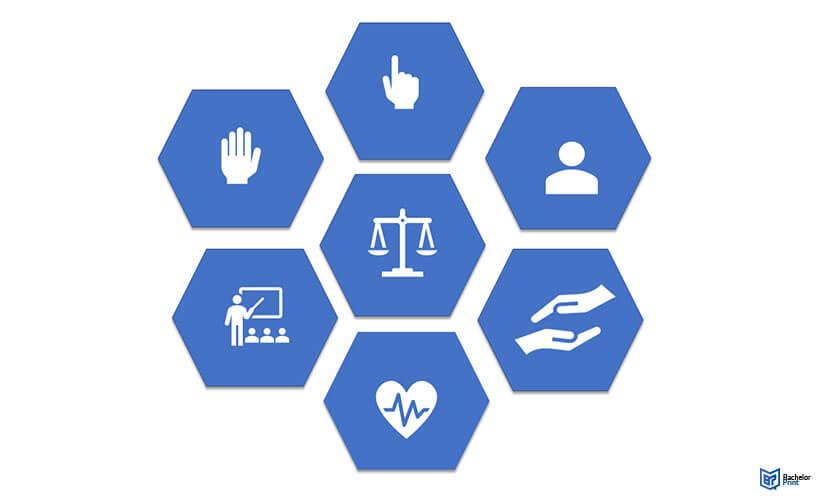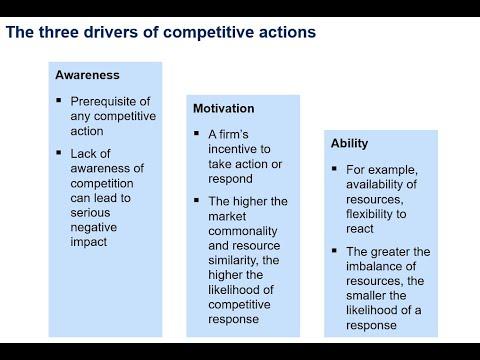As the digital landscape continues to evolve, so too does the arena of legal marketing, bringing forth a pressing question: should lawyers be allowed to purchase the names of their competitors as keywords for online advertising? This query has recently captured the attention of the New Jersey Supreme Court, igniting a debate that sits at the intersection of ethics, competition, and consumer rights. In an age where visibility often determines success, the implications of such practices extend beyond the courtroom and into the heart of legal branding strategies. This article delves into the nuances of the court’s deliberations, exploring both the potential advantages for legal practitioners and the concerns regarding fairness and consumer protection in the competitive landscape of legal services. As the justices weigh the merits of this contentious issue, the outcome could very well set a precedent that reverberates throughout the legal profession and beyond.
The Legal Landscape of Keyword Advertising and Its Implications
The ongoing deliberations by the New Jersey Supreme Court regarding the legality of purchasing competitor names as keywords are poised to reshape the landscape of online advertising, notably within the legal sector.As firms increasingly turn to digital marketing tactics,the implications of this decision extend beyond mere advertising strategies; they touch upon essential questions of fair competition and consumer protection. Legal practitioners may find themselves navigating uncharted waters, as the court’s ruling could establish precedents that impact how keywords can be leveraged, perhaps influencing their overall marketing budgets and approaches.
The potential outcomes of this case could lead to a variety of scenarios for lawyers considering keyword advertising. These might include:
- Legitimacy of Keyword Purchases: Clarification on what constitutes fair use in the context of trademarked terms.
- Consumer Confusion Risks: Considerations about the extent to which consumers can distinguish between competing brands.
- Marketing Strategies: The need for law firms to adapt their digital strategies in response to legal precedents.
As the ruling unfolds, businesses should pay attention to the potential regulatory frameworks that may emerge. these frameworks will not onyl define the limitations of keyword purchases but could also pave the way for innovative advertising practices that respect both trademark rights and consumer rights. Understanding these implications will be crucial for any firm looking to effectively compete in a digitally-driven marketplace.

Understanding the Ethical Considerations in Keyword Acquisition for Law Firms
The recent deliberations by the New Jersey Supreme Court have sparked intense debate regarding the ethics of keyword acquisition in legal marketing,particularly when it involves bidding on a competitor’s name. As law firms increasingly turn to search engine marketing as a tool for visibility and client acquisition, it raises profound questions about the integrity of such practices. Firms must weigh the benefits of increased traffic against potential reputational harm and ethical dilemmas. Considerations include:
- Consumer confusion: Can this practice mislead clients searching for specific legal services?
- Fair Competition: Does bidding on a competitor’s name undermine the principles of fair advertising?
- Professional Duty: Are lawyers violating the ethical standards set forth by state bar associations?
The implications of keyword acquisition extend beyond legal practitioners to affect the public’s perception of the legal profession as a whole. Furthermore,transparency in advertising practices is critical to maintaining client trust. Legal firms must also consider how this may impact their long-term client relationships. A comparison of potential benefits and drawbacks can clarify this complex issue:
| Benefits | Drawbacks |
|---|---|
| Increased visibility online | Potential legal repercussions |
| attracts new clients | Damage to professional reputation |
| Cost-effective marketing | Possible client confusion |

Navigating Competitive Dynamics: Strategies for Ethical Keyword Utilization
In the evolving landscape of digital marketing, understanding the ethical implications of keyword utilization has become paramount for legal professionals. As the New Jersey Supreme Court deliberates on whether lawyers can purchase keywords associated with competitors, it highlights the intricate dance between competitive advantage and ethical standards.Adopting a strategy that prioritizes transparency and integrity can set law firms apart in an increasingly crowded market. To navigate these waters effectively, firms can implement the following key practices:
- Conduct ethical Audits: Regularly evaluate marketing tactics to ensure compliance with professional conduct rules.
- Focus on Branding: Enhance own brand visibility and reputation instead of relying solely on competitor names.
- Educate Teams: Provide training for marketing teams on the ethical considerations around keyword usage.
The potential for increased customer traffic through competitor keyword bidding may tempt many, but the risks associated with reputational damage and legal scrutiny cannot be overlooked. firms should focus on building a strong online presence based on authentic content and client engagement. To illustrate the differences in approach towards keyword strategy, consider the following comparison table:
| Keyword Strategy | Ethical Considerations | Potential Benefits |
|---|---|---|
| Competitor Keyword Bidding | Risk of misleading consumers | Short-term traffic spikes |
| Brand-Centric Content | Promotes transparency | Long-term client loyalty |

Future Directions: Recommendations for Best Practices in Keyword Advertising Among Lawyers
As the landscape of keyword advertising evolves, lawyers looking to navigate this new terrain should adopt several best practices to maximize their visibility while maintaining professional ethics. First,lawyers should focus on targeting relevant keywords that accurately reflect their practice areas.This means moving beyond generic terms to include specific phrases that potential clients are likely to use, such as “NJ divorce attorney” rather than simply “lawyer.” By honing in on niche keywords, firms can enhance their SEO rankings and connect more effectively with their target audience.
Additionally, maintaining transparency and honesty in advertising is critical. Lawyers should ensure that their ads do not mislead potential clients regarding their services or qualifications. Consider implementing negative keywords to prevent ads from showing up in irrelevant searches, which can waste budget and dilute brand messaging. Furthermore, conducting regular performance reviews of keyword advertising campaigns can help firms refine their strategies. Here’s a brief overview of recommendations:
| Best Practice | Description |
|---|---|
| Targeted Keywords | Focus on specific, practice-related terms. |
| Transparency | Be clear and truthful in all advertising. |
| Negative Keywords | Exclude irrelevant terms for more effective targeting. |
| performance Reviews | Regularly assess and refine ad campaigns. |
Final Thoughts
As the New Jersey Supreme court deliberates the implications of lawyers purchasing competitor names as keywords, the legal community stands at a crossroads of ethics and innovation. This pivotal case not only highlights the intersection of advertising practices and professional conduct but also raises questions about competition and client access in an increasingly digital landscape. As attorneys await the court’s decision, the outcome may reshape the way legal services are marketed and accessed in the garden State and beyond. The evolving nature of legal advertising underscores the necessity for ongoing discourse in navigating the fine line between ethical buisness practices and the pursuit of competitive advantage. With the potential to set a notable precedent, the ruling will undoubtedly resonate throughout the legal profession for years to come.